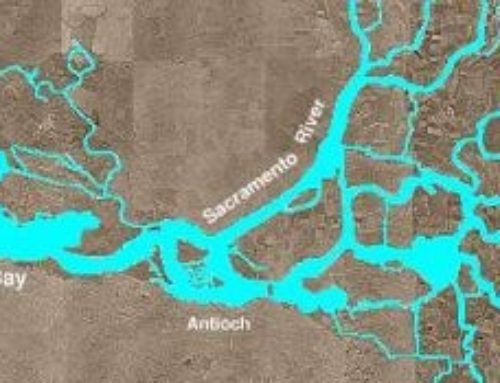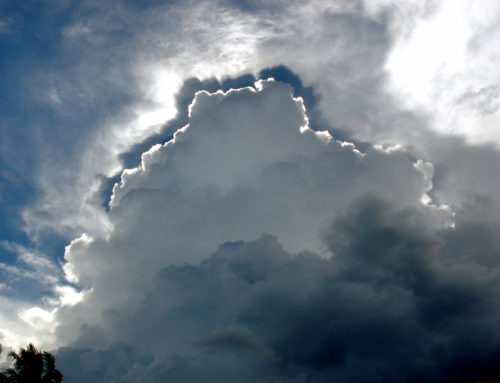-
Companies Are Saving Millions By Conserving Water
by Jaymi Heimbuch, San Francisco, California

Photo via usuallylauraJust like with saving electricity, conserving water holds more business savvy than simply looking green to customers — it’s about saving big bucks. In a new survey completed last month by Ethical Corporation called “Unlocking the Profit in Water Savings,” water conservation is set to be a top priority for companies over the next five to 10 years, with 99% of sustainability managers responding to the survey setting it as a priority soon, and 52% already ranking it as one of the top five most important issues they currently deal with. What will make it easy for the sustainability managers to convince the rest of management to commit to infrastructure investments and other measures that reduce water consumption is the fact that it creates a huge financial savings for the company, almost immediately. By fixing leaks and better toilets, let alone rethinking how water is used in production of goods, major companies are figuring out just how smart water conservation is.
CNet reports, “The report, which included interviews with global giants like Unilever, Kraft, Coca-Cola, and Shell, found many companies surprised by water savings outperforming estimates after they initiated company water conservation projects.
Sainsbury’s, for example, a leading U.K. supermarket chain, has saved 1.6 million pounds (about $2.4 million) since fixing leaks, installing sensors on urinals, and reducing toilet water capacity, according to Ethical Corporation.”
But it isn’t just about low-flow toilets in corporate offices. Businesses can also look closely at how they make their products, and drastically reduce the cost of creating their goods.
Andy Wales, head of sustainability for SABMiller (makers of Millers and Fosters beers), stated during an interview with Ethical Corporation, “Our internal target is to improve our water efficiency by 25 percent by 2015. At the moment, it takes us just under four and a half liters of water to make a liter of beer, which is better than the brewing industry average. But we need to go much further, so our 2015 target is that 25 percent reduction to 3.5 liters for a liter of beer.”
“Water is a critical resource that underpins economic growth, underpins social development, and obviously underpins environmental protection. And yet, the discussion of water issues, of water as a resource, is often stuck in the environmental ministry,” he said. “Those ministers are very good ministers, but they are not the most powerful in the government. We need to get finance ministers, energy ministers understand what the impact is of water for the growth of their country.”
Ethical Corporation points out that “disruptions in community access, sanitation, supply insecurity, government permission to operate and reputational threats” along with rising water costs and governmental regulations on water are some of the key business risks sustainability managers see for their companies when it comes to water. So becoming smart on water and using less will be key to survival in a future with crunched supplies. You can listen to the full interview with Andy Wales and Ethical Corporation.
Managing water for the production of goods is simply a smart business move, since accounting for water and disclosing how much is used is getting to be as important as accounting for carbon. Water footprint labels on goods could soon be as common as energy star labels on electronics.
Getting water savvy is a big business move for companies in a different way, too — the smart water grid is set to be a $16.3 billion industry over the next 10 years, according to some estimates. That means not only can companies save money, but they can make money by focusing on water.
Corporations like IBM are already hot on the task, creating software and hardware technologies to help companies like those that participated in this survey track, manage and save even more water. With metering systems just like what is being created for the electricity grid, we can bring our outdated water infrastructure to the spotlight.






